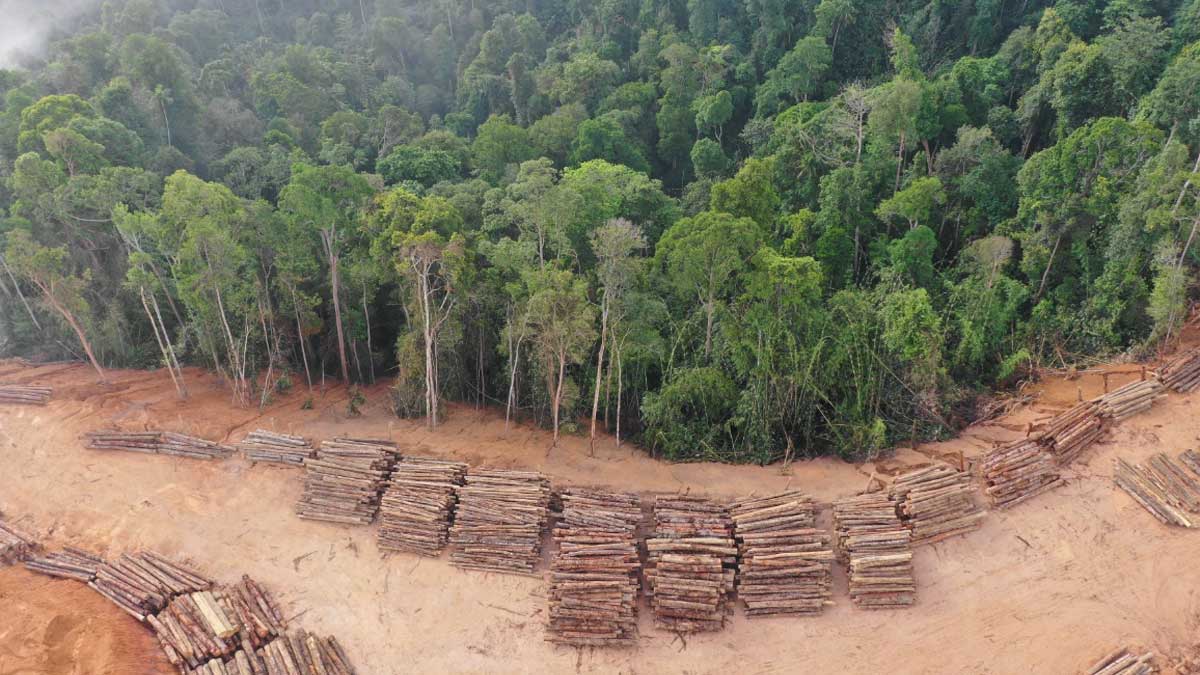On Monday, more than 100 world leaders at COP26 committed to preventing and reversing deforestation and land degradation by the end of the decade, backed by $19 billion in public and private financing to conserve and restore forests.
Leaders from Brazil, Indonesia, and the Democratic Republic of Congo, which together account for 85 percent of the world’s forests, approved the unified declaration during the COP26 climate negotiations in Glasgow.
According to a statement released on behalf of the leaders, the Glasgow Leaders’ Declaration on Forest and Land Use will cover forests covering more than 13 million square miles.
Read more: Tourists behaving badly are a threat to tourism and environment
“We will have an opportunity to stop humanity’s long history of conquering environment and instead become its custodian,” British Prime Minister Boris Johnson said, describing the agreement as “unprecedented.”
On Tuesday, a host of new government and corporate projects aimed at achieving that goal were announced, including billions in promises for indigenous forest guards and sustainable agriculture.
According to the non-profit World Resources Institute, forests absorb around 30% of carbon dioxide emissions. The forests remove the emissions from the atmosphere, preventing the climate from warming.
However, this natural climatic buffer is rapidly vanishing. According to WRI’s deforestation tracking effort Global Forest Watch, the world lost 258,000 square kilometers of forest in 2020. That’s more than twice the size of the United Kingdom.
The pact signed on Monday dramatically extends on a similar pledge made by 40 countries in 2014 as part of the New York Declaration of Forests, and goes further than ever in laying out the resources needed to achieve that goal.
Zero deforestation commitment at COP26
Twelve countries, including the United Kingdom, have agreed to pay 8.75 billion pounds ($12 billion) in public funding to developing countries between 2021 and 2025 to support efforts to rehabilitate degraded land and combat wildfires.
More than 30 private sector investors, including Aviva (AV.L), Schroders (SDR.L), and AXA (AXAF.PA), would contribute at least another 5.3 billion pounds.
By 2025, the investors, who represent $8.7 trillion in assets under management, have agreed to stop investing in deforestation-related industries.
On Tuesday, five governments, including the United Kingdom and the United States, and a group of international organizations promised $1.7 billion in funding to promote indigenous peoples’ forest conservation and land rights.
Environmentalists claim that indigenous communities are the finest defenders of the forest, often fighting loggers and land grabbers with aggression.
More than 30 financial organizations with a combined asset base of more than $8.7 trillion stated they will make “best efforts” by 2025 to prevent deforestation associated with cattle, palm oil, soy, and pulp production.
The goal of COP26 is to maintain the goal of limiting global warming to 1.5 degrees Celsius (2.7 degrees Fahrenheit) over pre-industrial levels alive. Forests and so-called nature-based solutions, according to scientists, will be critical to achieving that aim.
According to the Biomass Carbon Monitor project, which is funded by data analytics firm Kayrros and French academic institutions, woodlands have eliminated roughly 760 million tonnes of carbon each year since 2011, offsetting nearly 8% of carbon dioxide emissions from fossil fuels and cement.





















